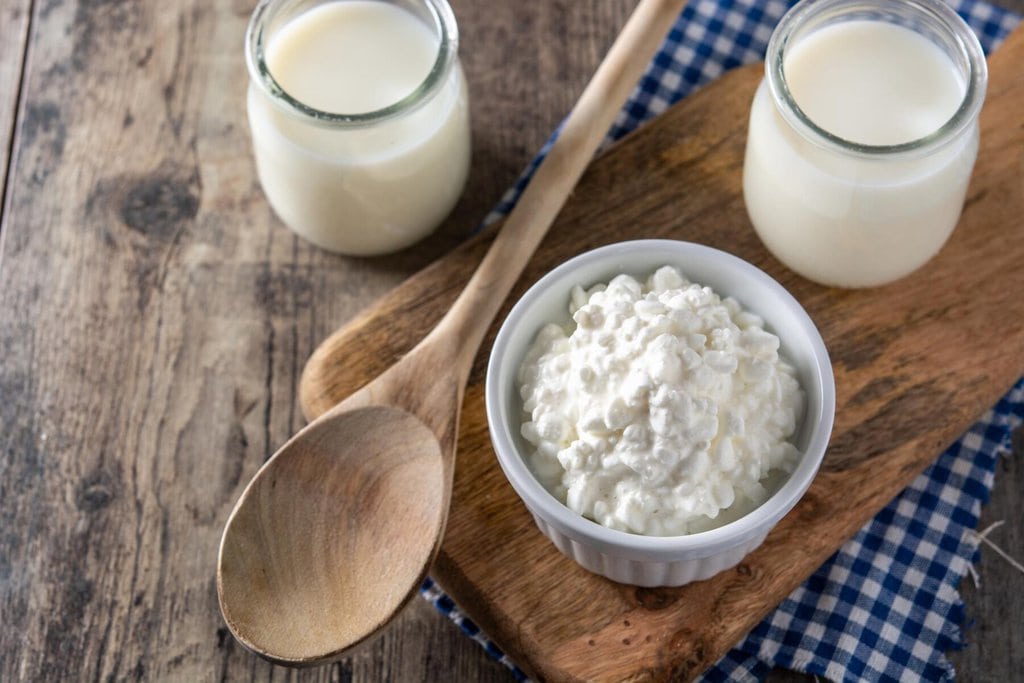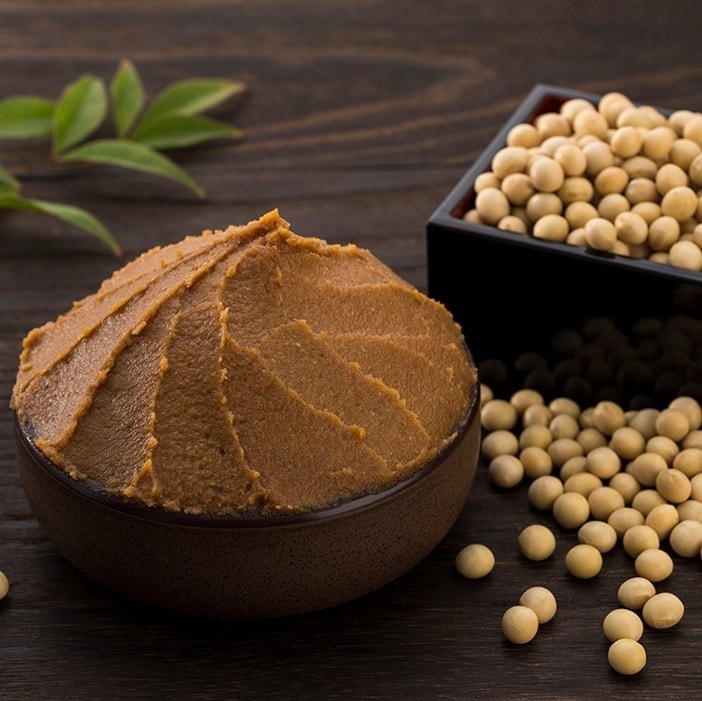
Fermented food does wonders for the gut, which contains trillions of beneficial microorganisms. It can be very healthy to include them in your diet because they enhance the gut environment and help reduce problems like constipation and bloating. Scientists have even proven that fermented foods increase microbial diversity and lead to a decrease in inflammation and an improved immune system.
Fermented Foods Are Very Beneficial
According to studies, certain fermented foods can restore the microbiota of healthy adults. During one study, participants ate six servings per day, which produced significant health benefits. A way to increase the consumption of fermented foods is to add a few tablespoons to your regular meals several times a week and build things up over time. So, which are the best fermented foods?

Greek yogurt is a good starter for people new to fermented foods. It has a palatable taste and significant protein content and is produced by introducing bacteria to milk and allowing it to ferment. This results in various thickness levels depending on the type chosen. To maximize the benefits, yogurt without flavoring or added sugar is best. It ensures it contains live and active cultures.
Kefir and Saurkraut
Kefir is similar to yogurt and crafted by fermenting milk with kefir grains. It recently spiked in popularity and is available in convenient drinkable containers. Enriched with natural berries and fiber, kefir is an accessible daily gut booster.

Sauerkraut is a staple in German and Central European diets. It offers a simple and flavorful addition to meals and uses fermented shredded cabbage. Sauerkraut is tasty and rich in fiber and antioxidants that contribute to overall health.
Kombucha and Kimchi
Kombucha stands out as a fermented drink that enhances microbial diversity and is full of antioxidants. Choosing raw, unpasteurized, and unfiltered varieties is recommended. Research suggests it has positive effects on inflammation, liver detoxification, and intestinal dysbiosis.

Kimchi is a Korean delight that combines radishes, cabbage, and other vegetables in its fermentation process. Studies show it offers potential benefits for health, including reducing BMI and maintaining healthy blood pressure. It also gives relief for irritable bowel syndrome.
Miso and Tempeh
Miso is commonly used in soups. It’s made with fermented soybeans, salt, and koji mushrooms and contains a probiotic believed to lower the risk of inflammatory bowel disease. For those who don’t like soup, miso can be made into a paste or mixed into dressings.

Tempeh is a favorite fermented food among vegetarians and is rich in various nutrients. It is crafted from fermented soybeans and offers protein and vitamin B12. It also has a low glycemic load, making it an excellent choice for people aiming to manage blood sugar levels.